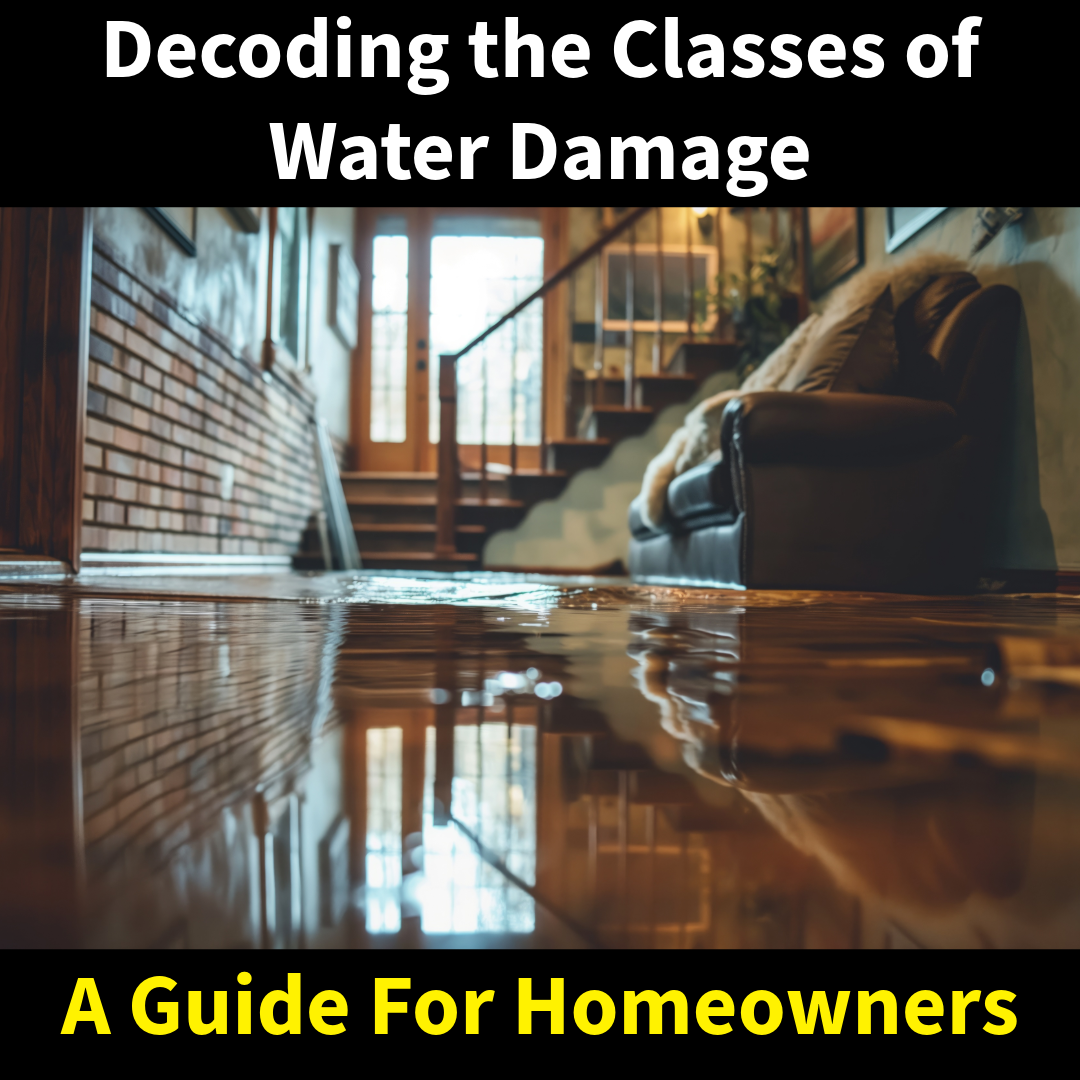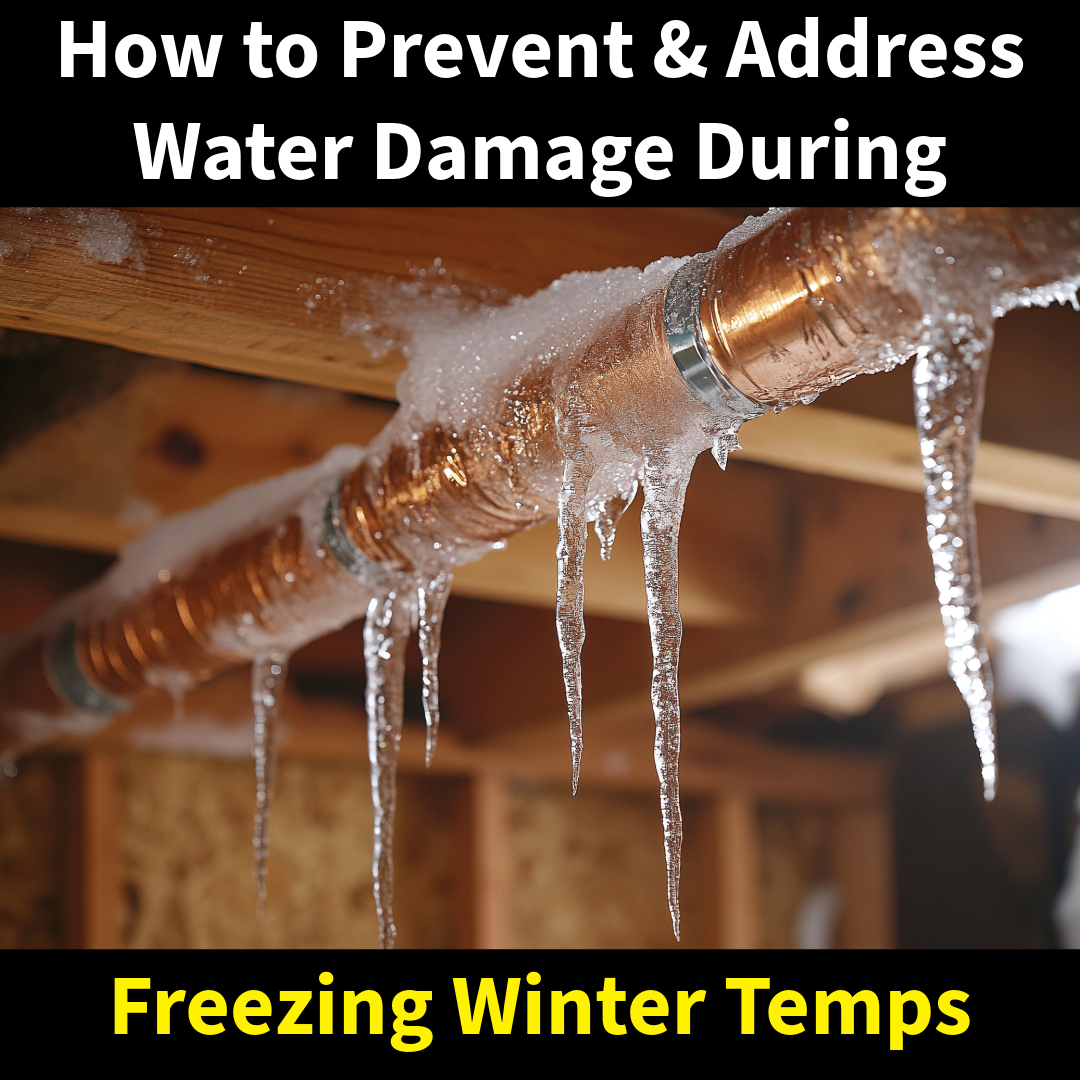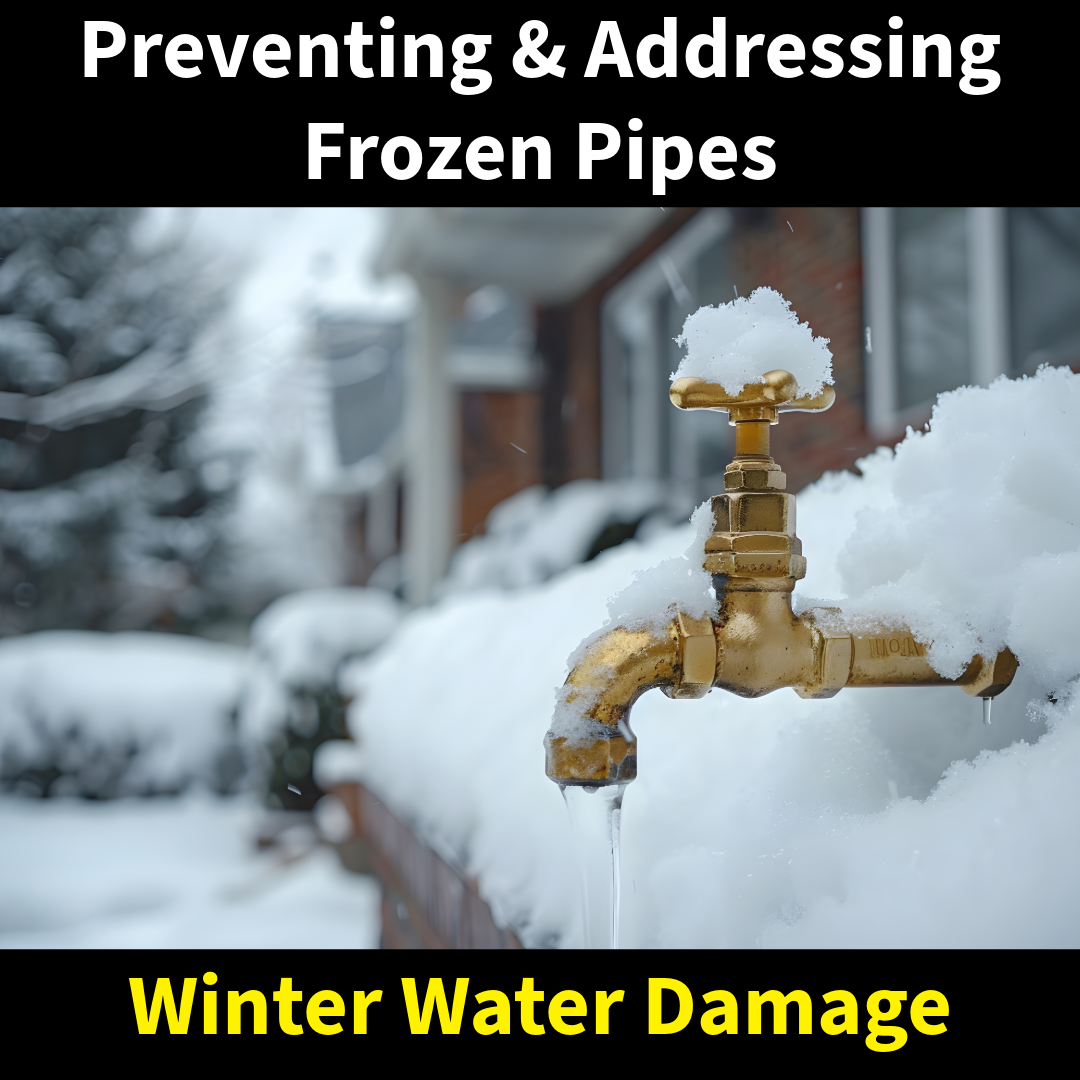When water damage occurs in your home, the level of severity can vary greatly. Understanding the different classes of water damage can help homeowners make informed decisions about the necessary restoration processes and prepare for the challenges ahead.
What are the Classes of Water Damage? Water damage is categorized into four distinct classes. Each class represents the extent of water absorption and the potential rate of evaporation needed to resolve the damage.
Class 1: Minimal Impact
- Description: This class involves the least amount of water absorption and the smallest affected area. Typically, only a part of a room or area with materials that absorb minimal moisture, like plywood or concrete.
- Action Steps: Quick mopping and simple drying methods are often sufficient to restore the affected areas.
Class 2: Moderate Absorption
- Description: This class deals with an entire room affected by water damage or moisture present in structural materials like wood, drywall, and carpet.
- Action Steps: Increased water extraction efforts and the use of dehumidifiers and high-speed air movers are necessary to prevent long-term damage.
Class 3: Severe Water Damage
- Description: The most extreme amount of water absorption occurs in this class. Water often comes from overhead, affecting ceilings, walls, insulation, and subfloors.
- Action Steps: Specialized equipment and strategies are required, including powerful dehumidifiers and aggressive air movers to manage the saturation.
Class 4: Special Situations
- Description: This class involves water damage to materials with low porosity such as hardwood, plaster, and brick. Conventional drying methods are not effective.
- Action Steps: Complex drying methods, often requiring more time and advanced techniques, are needed. These might include the use of thermal hygrometers and specialized drying systems.
Recognizing the class of water damage in your home is crucial for effective mitigation and restoration. Each class requires a different approach to ensure your home returns to its pre-damage condition efficiently and safely. Homeowners should consult with professional water damage restoration experts, like MSI, who can accurately assess the damage and implement the most effective restoration strategies.



